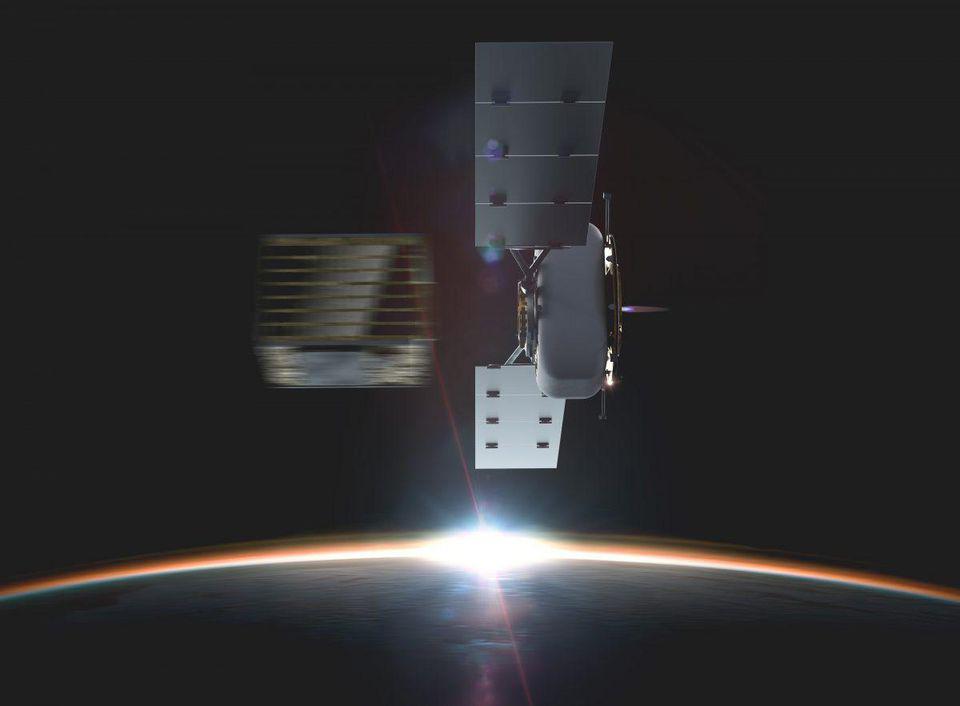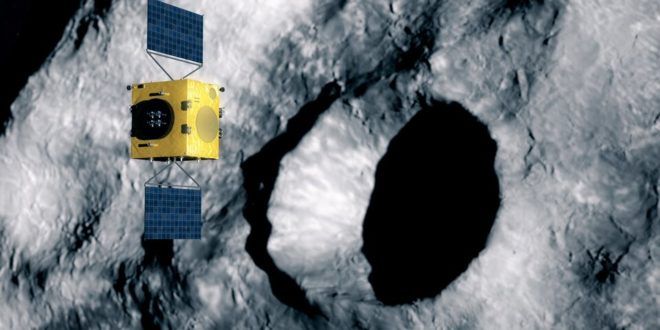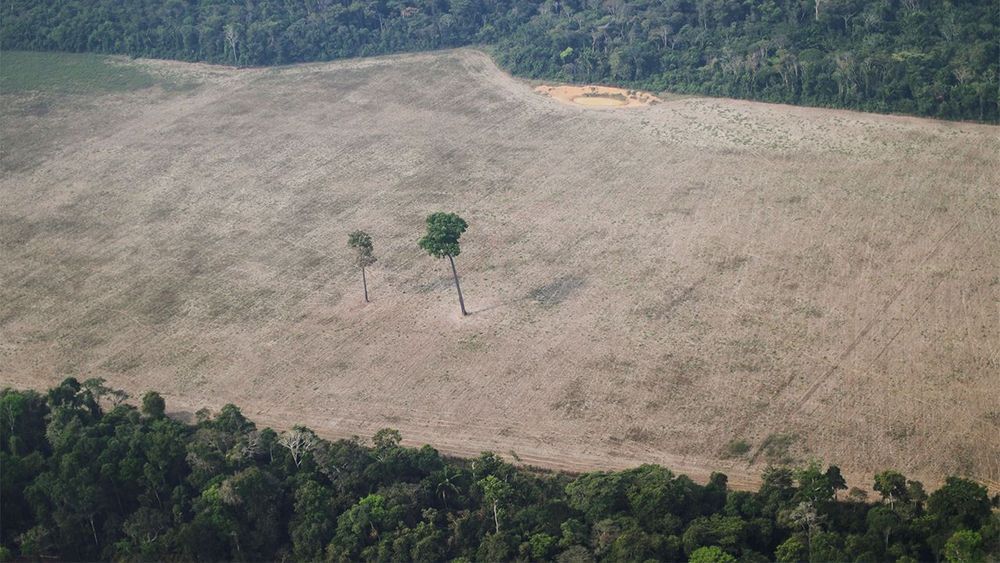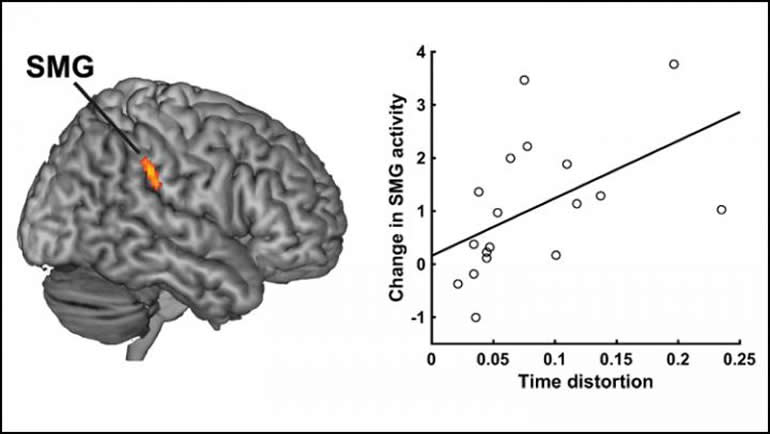Sep 29 — Oct 2, 2020


In recent years we have seen the move away from ‘politics as usual’. Non-traditional figures have entered the political arena to disrupt the typical entrenched narratives. The election and worldwide popularity of Jacinda Ardern, New Zealand Prime Minister just one example of a new kind of leader who prioritises national wellbeing and happiness in the belief that everything else will follow.
Brigadier General (Retired) Dr. Loree Sutton Next Mayor of New York City?
Brigadier General Dr. Loree Sutton, ex-army general, physician, LGBTQ, mental healthcare advocate, is a further example of a leader who attempts to bridge the gap between people and focus on wellbeing. She is a candidate who is bringing a centrist, holistic, “quality-of-life” based approach to rejuvenating and re-inventing one of the world’s major financial, technological, and cultural capitals, New York City. https://loreeformayor.nyc @NYC Mayor’s Office.
From brigadier general to new york city mayor?
Ira Pastor ideaXme life sciences ambassador interviews General Dr. Loree Sutton a retired military officer who served as a Brigadier General in the United States Army for over 20 years (one of only 15 female generals out of the 1.3 million soldiers serving in the Army) as well as a medical psychiatrist (for a period of time the Army’s highest-ranking), who was deployed to various locations including Saudi Arabia, Iraq, Kuwait, ad Egypt in support of the first Gulf War and other missions, and is a current candidate in the 2021 New York City mayoral election.
Ira comments: Over Dr. Sutton’s career she has been awarded Legion of Merit (a military award of the United States Armed Forces that is given for exceptionally meritorious conduct in the performance of outstanding services and achievements), as well as the Bronze Star Medal, Defense Meritorious Service Medal, and Order of Military Medical Merit. Dr. Sutton is also the founding director of the Defense Centers of Excellence for Psychological Health and Traumatic Brain Injury, and served as a special assistant to the Assistant Secretary of Defense for Health Affairs.


Darmstadt, 15 September 2020. – The European Space Agency (ESA) awarded a €129.4 million contract covering the design, manufacturing and testing of Hera, the space agency’s first mission for planetary defence, ESA announced today.
The contract was signed by Franco Ongaro, ESA Director of Technology, Engineering and Quality, and Marco Fuchs, CEO of Germany space company OHB, prime contractor of the Hera consortium, ESA said today. The signing took place at ESA’s European Space Operations Centre (ESOC) in Darmstadt, Germany, which will serve as mission control for the 2024-launched Hera.
The mission will be Europe’s contribution to an international asteroid deflection effort, set to perform sustained exploration of a double asteroid system, ESA said.
Hera will be, along with NASA’s Double Asteroid Redirect Test (DART) spacecraft, humankind’s first probe to rendezvous with a binary asteroid system, a little understood class making up around 15% of all known asteroids, the agency said.
Hera is the European contribution to an international planetary defence collaboration among European and US scientists called the Asteroid Impact & Deflection Assessment (AIDA).

Emotional dysregulation and anxiety are common in people at clinical high risk for psychosis (CHR) and are associated with altered neural responses to emotional stimuli in the striatum and medial temporal lobe. Using a randomised, double-blind, parallel-group design, 33 CHR patients were randomised to a single oral dose of CBD (600 mg) or placebo. Healthy controls (n = 19) were studied under identical conditions but did not receive any drug. Participants were scanned with functional magnetic resonance imaging (fMRI) during a fearful face-processing paradigm. Activation related to the CHR state and to the effects of CBD was examined using a region-of-interest approach. During fear processing, CHR participants receiving placebo (n = 15) showed greater activation than controls (n = 19) in the parahippocampal gyrus but less activation in the striatum. Within these regions, activation in the CHR group that received CBD (n = 15) was intermediate between that of the CHR placebo and control groups. These findings suggest that in CHR patients, CBD modulates brain function in regions implicated in psychosis risk and emotion processing. These findings are similar to those previously evident using a memory paradigm, suggesting that the effects of CBD on medial temporal and striatal function may be task independent.

Imagine a country where AI takes all the jobs so that no human being is working. How will it be like? To many people, that means hell – human civilization may soon end since we no longer control our own survival. But to others, that signifies the advent of new life, where mankind can finally get rid of labor and focus on something more valuable.

A major report card on the state of biodiversity gives failing grades to the world’s nations. The United Nations’s Global Biodiversity Outlook 5, released this week, concludes that the world has not met ambitious targets set 10 years ago to protect nature. “The warning lights are flashing. We have to recognize that we’re in a planetary emergency,” Andy Purvis, a biodiversity researcher at the Natural History Museum said in a statement.
Despite glimmers of progress, the world has not achieved decadal targets to protect nature.
How can combat pilots protect warfighters in the air and on the ground at the speed of light? We’re developing laser pod technology now to be ready for action when the warfighter calls. The future is almost here.
Learn more about TALWS: https://lmt.co/3hry0kJ
Motion sensors make holographic avatars dance, via Mark Bartkevitch.
